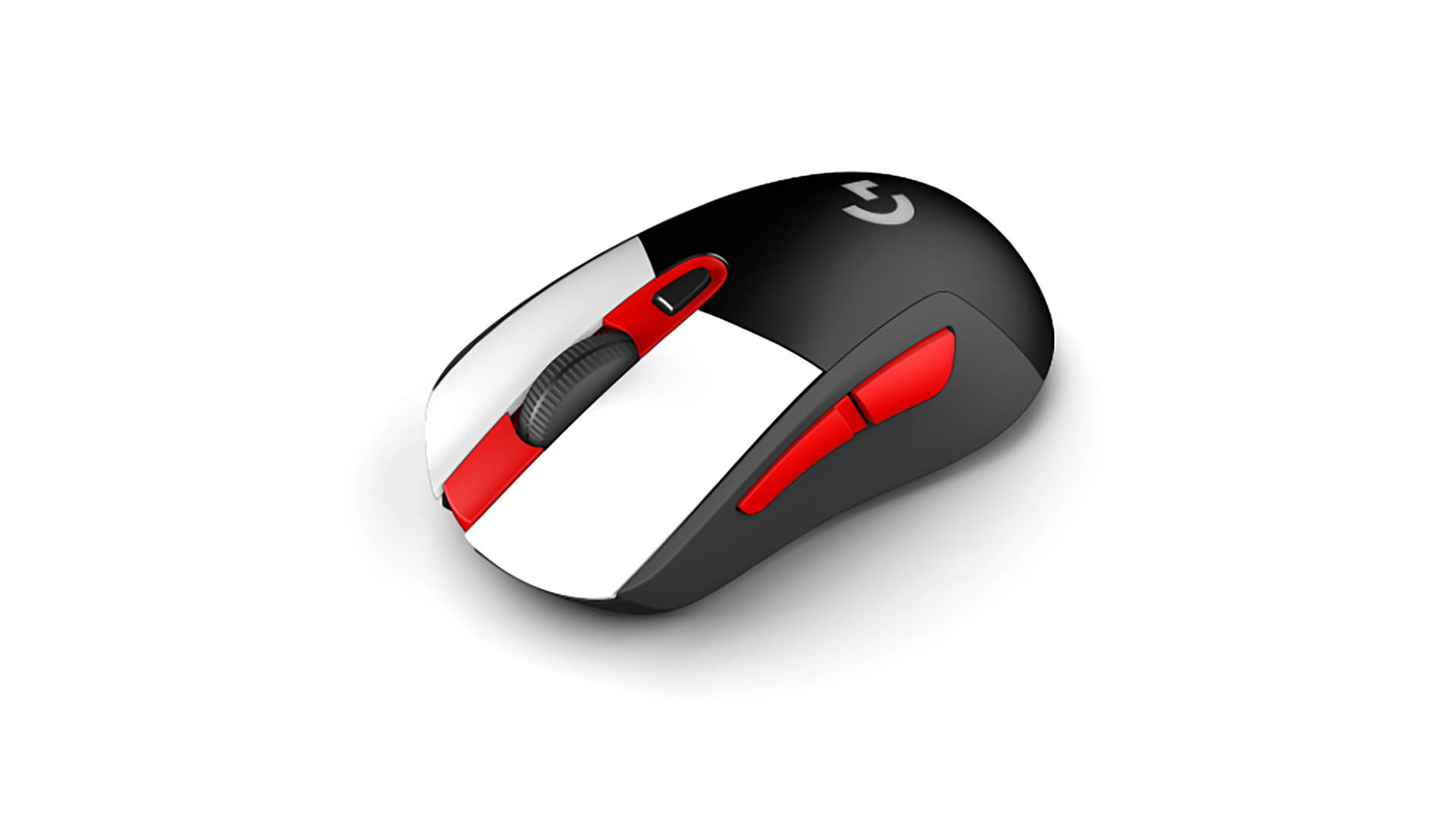Chrome is crashing on some Windows 10 PCs after latest browser update
Try these potential fixes if Chrome is suddenly having temper tantrums on your PC.

Update: Call us clairvoyant, but as we anticipated, Google has come out with a fix in quick fashion (okay, maybe we didn't really go out on much of a limb with our prediction). It will apply automatically if you close out and quit any open Chrome windows, and then re-open Chrome. Note that the issue(s) will not have disappeared at this point, but in an update to the support thread on the topic, Google support manager Rebecca says to keep Chrome open for around five minutes (presumably to give the update time to download and install), then quit Chrome again, and relaunch it one more time. At that point, the issue(s) should be gone.
The fix on LInux devices is slightly more involved. Navigate to the directory where the Chrome user profile resides (.config/google-chrome/), then delete the contents of the [Chrome user profile]\Origin Trials subdirectory (this should include a "1.0.0.7 directory"), and also delete the [Chrome user profile]\Local State file. Chrome should work as expected after this.
___________________________________________________________________________________
Original story: The latest version of Google's Chrome browser is acting temperamental on some Windows 10 PCs, with users reporting issues with getting extensions to load and wholesale browser crashes. The primary fix is to switch over to the beta version of Chrome.
I'm sorry, what?

Best gaming mouse: the top rodents for gaming
Best gaming keyboard: your PC's best friend...
Best gaming headset: don't ignore in-game audio
The is the advice given by a 'Google Product Expert' in a thread on Chrome's support forum (via Windows Latest).
"It appears that this is to do with the User Data directory which stores information on the current install, as such using Chrome Beta will resolve the issue," the Google Product Expert wrote.
Fortunately that is not the only potential fix (or temporary workaround, to put it more accurately). Running the installer for the stable version of Chrome could potentially fix the issue. Same goes with a simple Windows restart, the magical remedy for odd PC problems that crop up from time to time.
The biggest gaming news, reviews and hardware deals
Keep up to date with the most important stories and the best deals, as picked by the PC Gamer team.
Not everyone is seeing success with restarts and relaunches, though.
"My Chrome is no longer launching. Well, it launches, but my webpages crash, new tabs crash, even trying to load settings or bookmarks, that webpage crashes. The application doesn't crash, just the webpages," a user wrote. "I'm not sure what's going on. I ran sfc /scannow in CMD to no avail, I ran a Memory Diagnostic which came up dry. I reinstalled Chrome, and rebooted to nothing."
If your Chrome browser is suddenly having fits, there are a couple of other potential fixes that do not involve switching over to the beta release. After ensuring that Chrome Sync is enabled (so you don't lose saved passwords, bookmarks, and site data), try these steps:
- Chrome Chrome
- Open Fire Explorer and navigate to %LOCALAPPDATA\Google\Chrome\User Data
- Back the contents to another folder (just in case things go sideways)
- Delete the 'Local State' file
- Cross your fingers and launch Chrome
If those steps don't resolve the issue, follow them again up to step 3, then rename the 'User Data' folder to something else (like 'User Data Backup'), and relaunch Chrome.
Barring all that, you can go semi-nuclear and wipe Chrome completely from your PC, and then reinstall it. This is a little more involved, and entails editing the Registry—after you uninstall Chrome through the 'Add or remove programs' section in Windows 10's system settings, follow these steps:
- Delete the Google folder in C:\Users\[USERNAME\\Appdata\local
- Delete the Google folder in C:\Program Files (x86)
- Type regedit in Windows 10's search bar and open the Registry Editor
- Delete registry entries under Google in the following paths:
HKEY_CURRENT_USER\SOFTWARE\GOOGLE
HKEY_LOCAL_MACHINE\SOFTWARE\GOOGLE - Reinstall Chrome
Be warned that you can break elements of Windows 10 by mucking around in the Registry, so be careful not to delete folders willy-nilly. And if you're simply not comfortable with the above steps, just wait things out—it's very likely Google will push out a fix.
In the meantime, you can use another stable browser. Microsoft Edge is based on the same underlying Chromium platform as Chrome, but does not appear to have whatever bug is causing issues with Chrome. Edge is actually pretty good these days, and you might even find you like it enough to make it your primary browser. We also have a soft spot for Firefox here at PC Gamer.
Paul has been playing PC games and raking his knuckles on computer hardware since the Commodore 64. He does not have any tattoos, but thinks it would be cool to get one that reads LOAD"*",8,1. In his off time, he rides motorcycles and wrestles alligators (only one of those is true).


